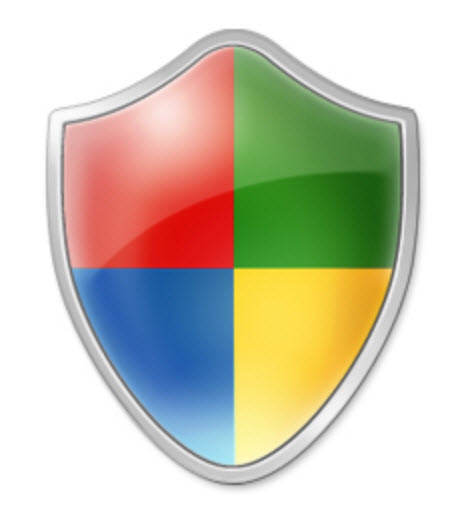Between Saturday, February 26th and Sunday, February 27th an unauthorized user was able to gain access to a Microsoft Windows server operated by the Office of Information Technology. The user was able to access files which may have allowed her/him to compromise a large number of passwords.
The OIT Security team identified the abnormal network behavior on Sunday, February 27th and was able to stop the attackers from gaining additional access. The quick response was instrumental in preventing a more serious incident.
At this time, OIT does not believe the user accessed any other data. OIT has engaged an outside forensics company to validate the incident investigation and to add additional expertise to the response team.
In response to the unauthorized access, OIT undertook the complex process of having users change passwords which may have been affected. In addition, significant time was dedicated to a detailed review of systems and access logs for evidence of inappropriate access and use of stolen user ids and passwords.
OIT is reviewing its processes and procedures to ensure security remains a high focus and priority.
If you notice any unusual activity related to your computer account, such as your account logged in by someone other than you or problems logging in, please notify the OIT Security team, or call the OIT help desk.
